AMID cautious optimism that the Omicron variant may have passed its peak – in London at least – there is one awkward question I hope the new variant forces us to address as a nation.
It is now widely understood that in exceptional situations it may be necessary to restrict people’s freedoms to stop our health services from falling over.
We all remember the distressing scenes from Lombardy at the start of the pandemic when doctors were having to ‘play god’ by making life-or-death decisions as to who to admit or not to admit into hospital.
We also understand better the non-Covid costs when hospitals are overwhelmed: 45,000 fewer people started cancer treatment in the first year of the pandemic, leading sadly to many early deaths.
Having a functioning health service is central to society so the public largely supported the three lockdowns to ‘protect the NHS’ even despite the cost to education and business.
This time the decision about whether to lock down was very finely balanced so it is not particularly surprising that Scotland and Wales chose one route while England followed another.
Plenty of red lights have been flashing: nearly one in ten NHS staff were absent on New Year’s Eve, with almost 50,000 at home sick or self-isolating. Some patients waited 40 hours for treatment at &Es.
Hospitalisations, only now seeing the impact of social mixing in the festive season, have risen to around 2,000 a day, getting on for halfway towards the unofficial ‘maximum’ of 4,000 a day after which the NHS starts to buckle.
But why are we having a debate about losing cherished freedoms because of something so solveable as NHS and care staff shortages?
When a virus is endemic – that is to say widespread but constrained because of vaccines – having enough NHS staff really can make the difference between liberty or lockdown.
But we have never been very good at training them – even before Omicron, the NHS had 93,000 vacancies, including shortages in every major specialty.
It is expensive to train new doctors, around £250,000 each time. But the cost of not training enough doctors is even higher – we spend
£6 billion every year on locum and agency staff.
The answer is to require an official body to do independent estimates every year as to the numbers we should be training in every specialty so we make sure we do train the numbers we need.
I have always felt strongly about this because of my interest in preventing avoidable harm and death in health systems through better patient safety.
Having enough doctors and nurses around during a shift is not the only way to do that – but it is a pretty important one.
When I was health secretary the number of clinicians went up by 40,000 and I set up five new medical schools – but we have still not baked in a way of making sure that, year in year out, we are training enough new staff.
Frustratingly the government rejected an amendment I proposed to the new Health and Care Bill to make this happen.
But all is not lost because that Bill is now in the Lords where Baroness Cumberlege has proposed a similar amendment, supported by many peers including the newly ennobled Lord Stevens, formerly Simon Stevens who used to be chief executive of the NHS.
I hope the link between insufficient staff and the greater likelihood of lockdowns in the future will cause a rethink this time.
Certainly if anyone asks me what my biggest wish for the health service is in the new year it is just that: sort out the staffing issues so we can look our brilliant staff in the eyes and say that while we know it is incredibly tough right now, we are at least making sure there is a long term solution in place.
And a very happy new year to all readers of my column.
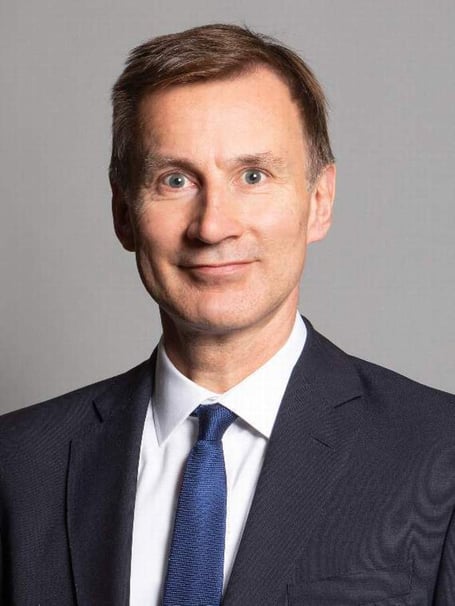
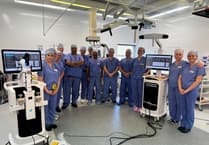
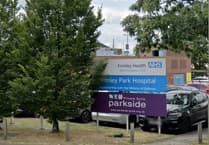
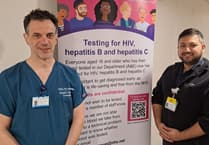
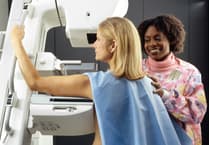
Comments
This article has no comments yet. Be the first to leave a comment.